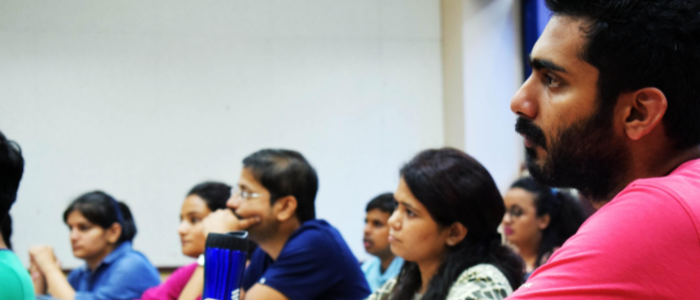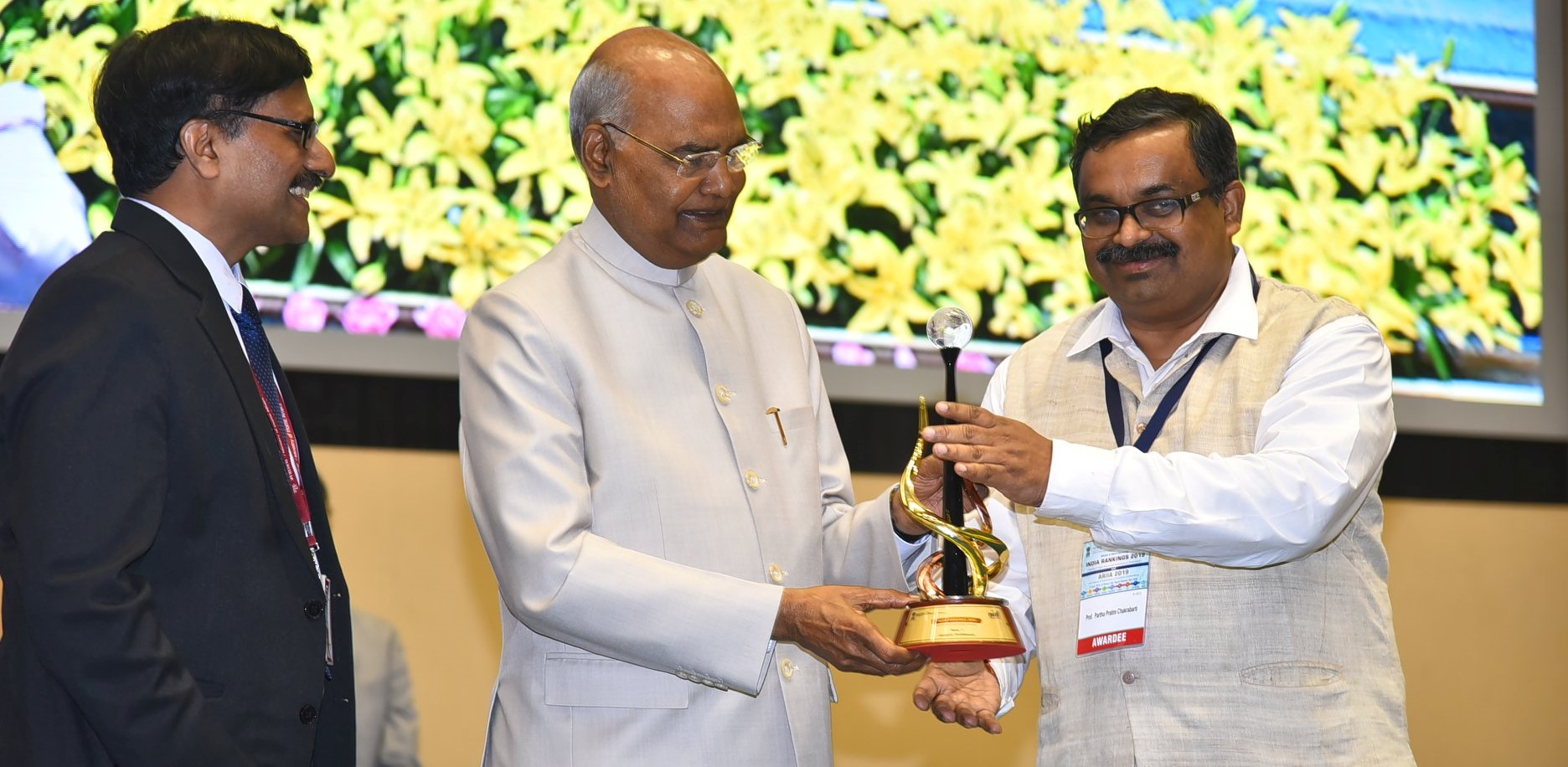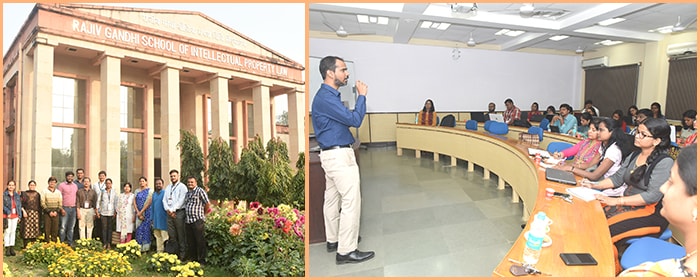
IIT Kharagpur Law Students to Draft Real-time Patents for Institute’s Innovations
In 2006 IIT Kharagpur had introduced a new academic discipline in the IIT system - Intellectual Property Law, seed-funded by distinguished alumnus Dr. Vinod Gupta. Over the years, Rajiv Gandhi School of Intellectual Property Law, the law school at IIT Kharagpur has not only expanded its scope across all academic verticals of law education but has emerged as one of India’s top law schools. With Intellectual Property Rights (IPR) still as the key domain, the school has been instrumental in promoting IPR workshops for young innovators. A few years back a drive was undertaken at the School to promote Geographical…


